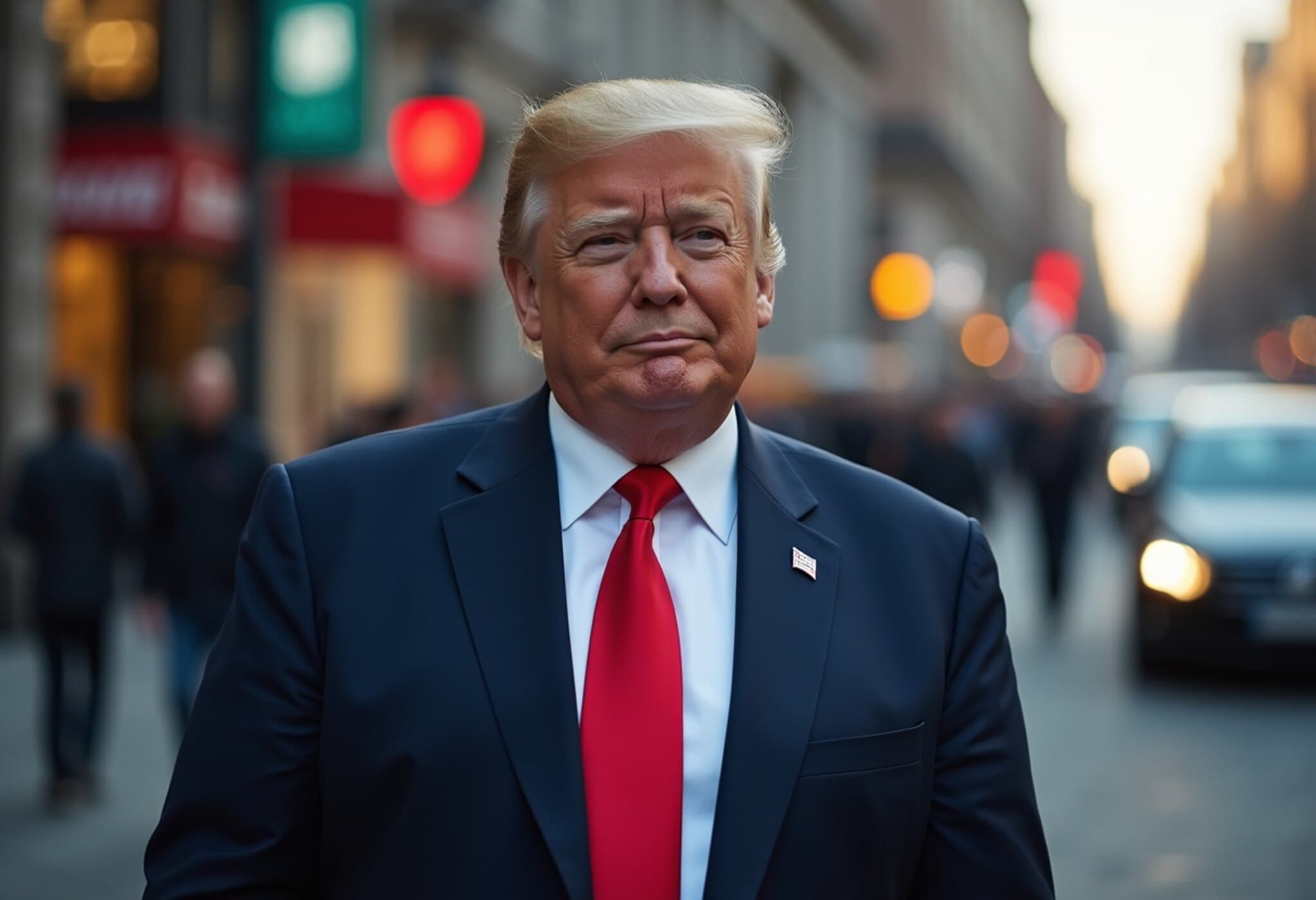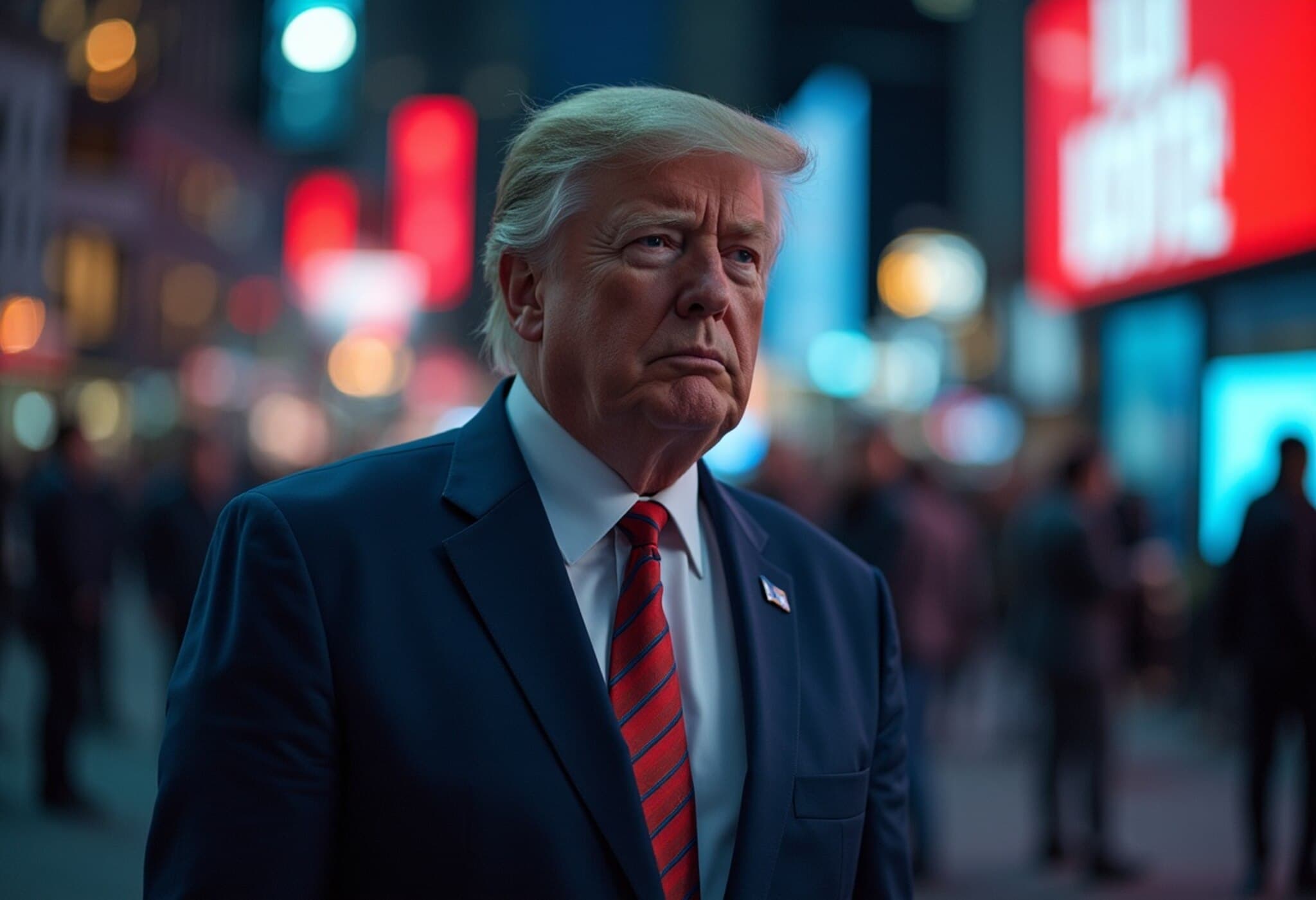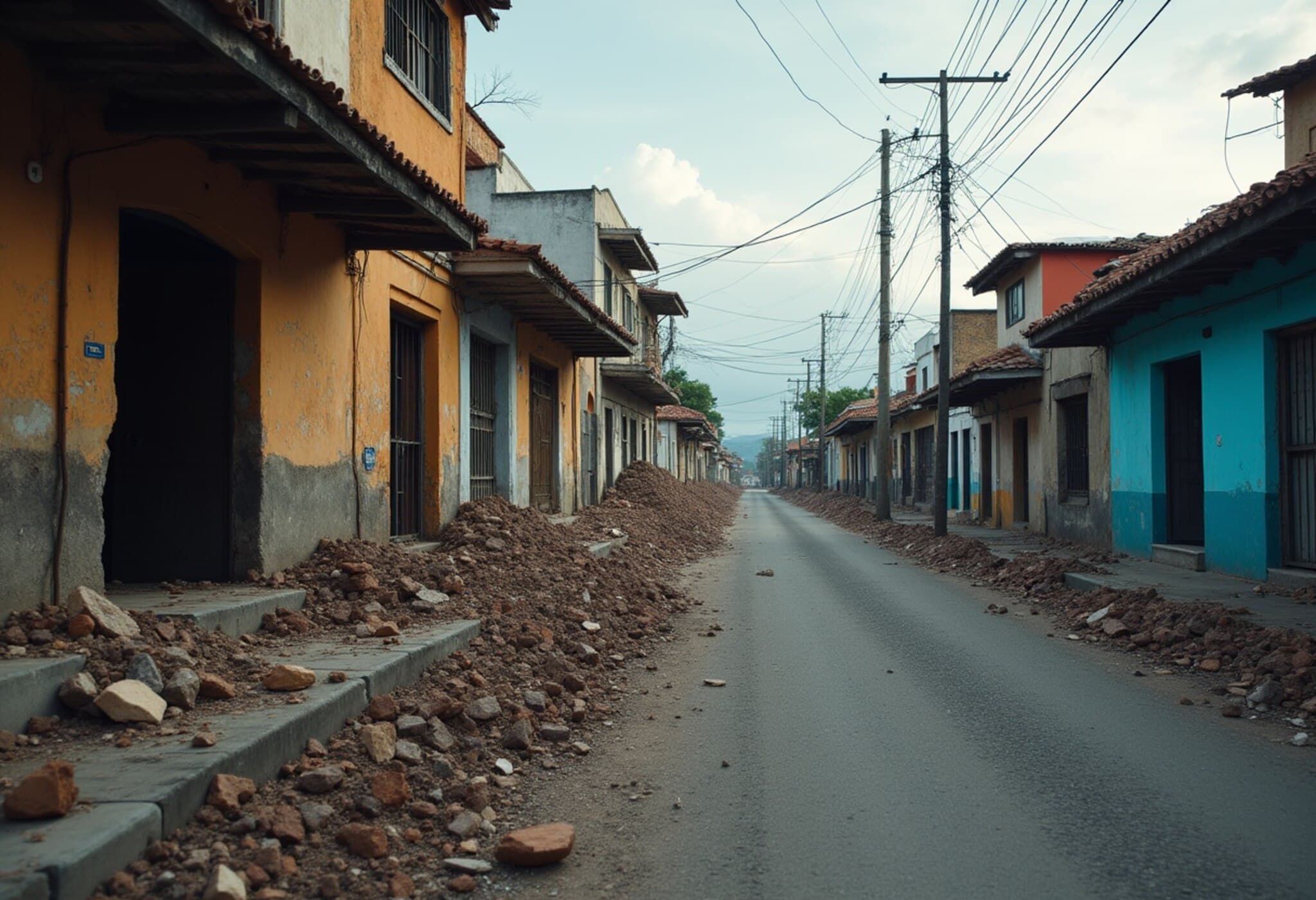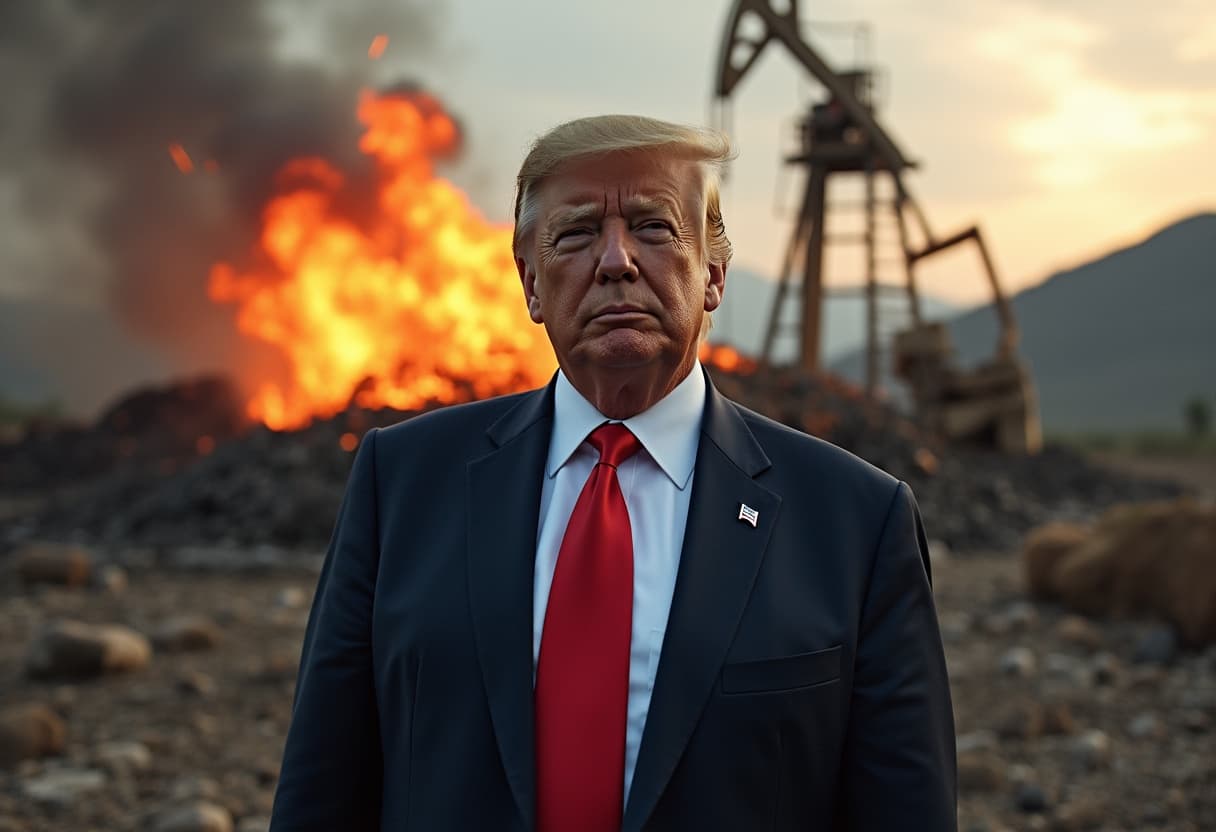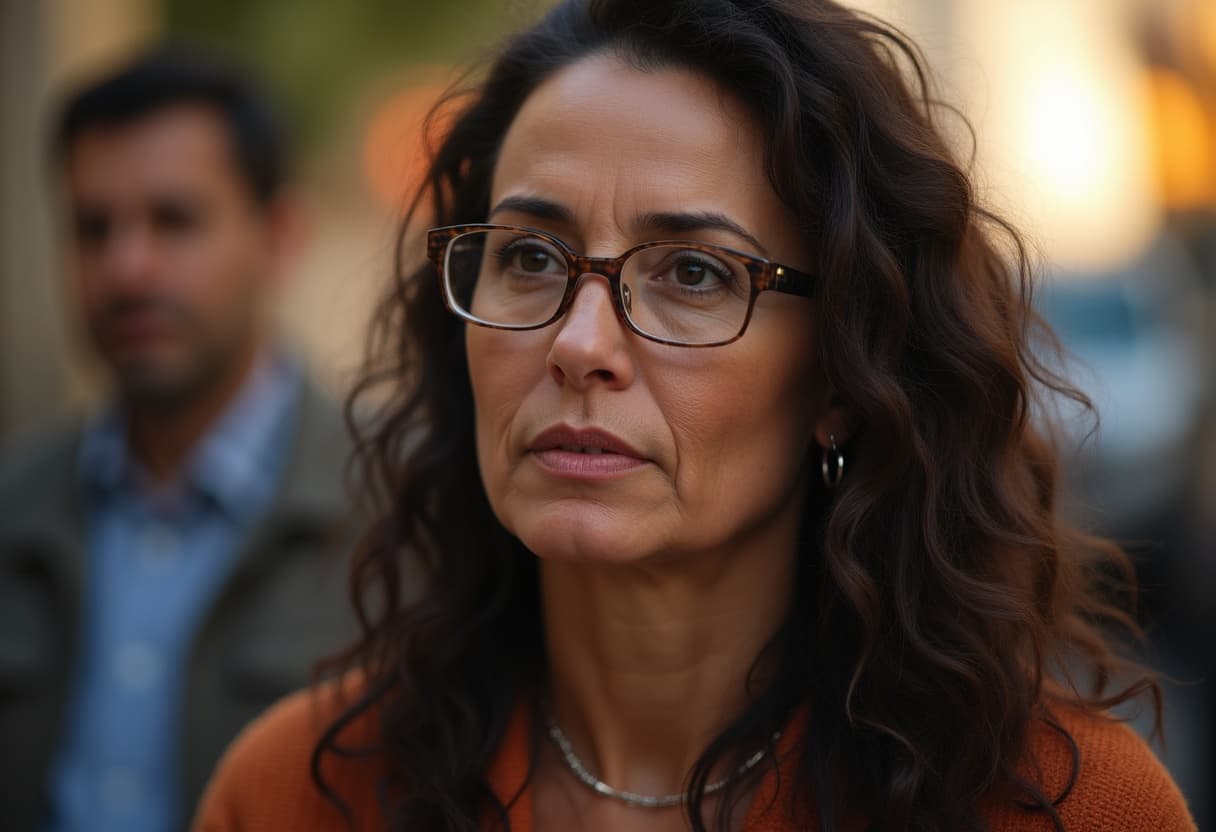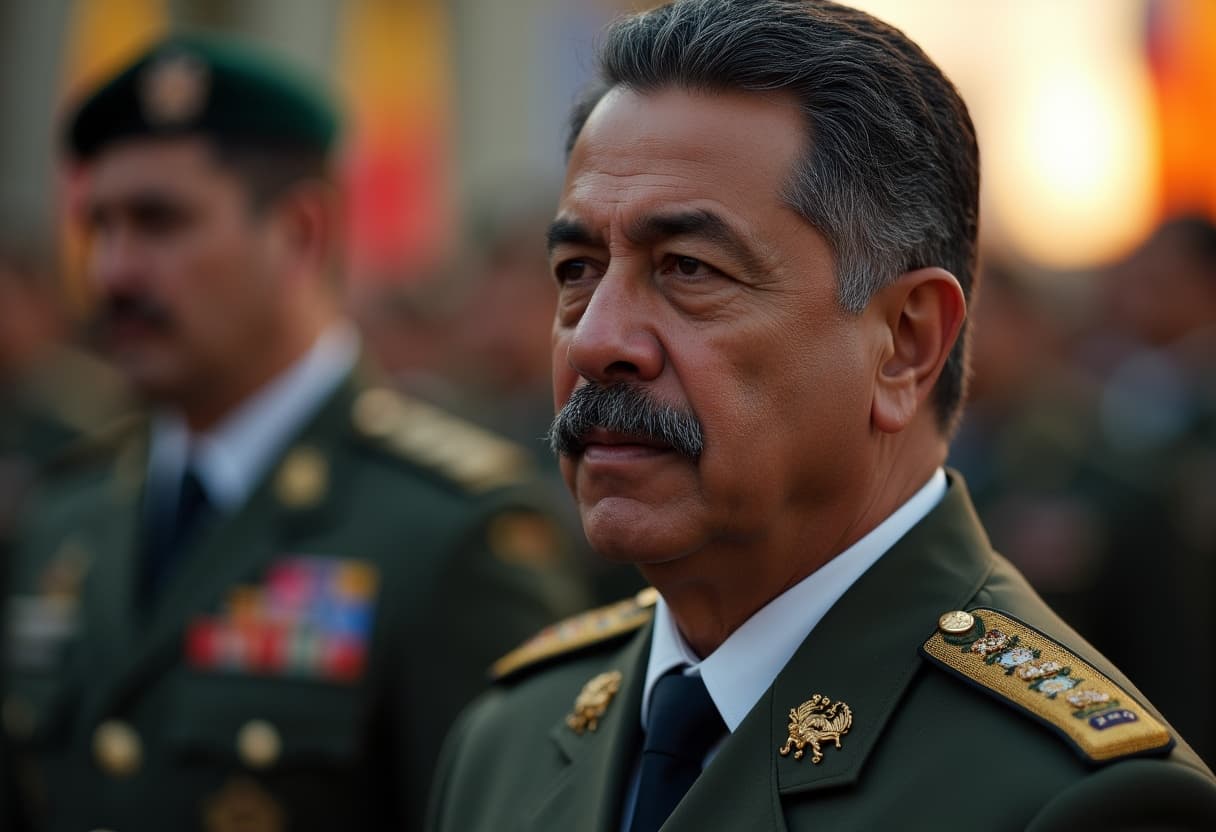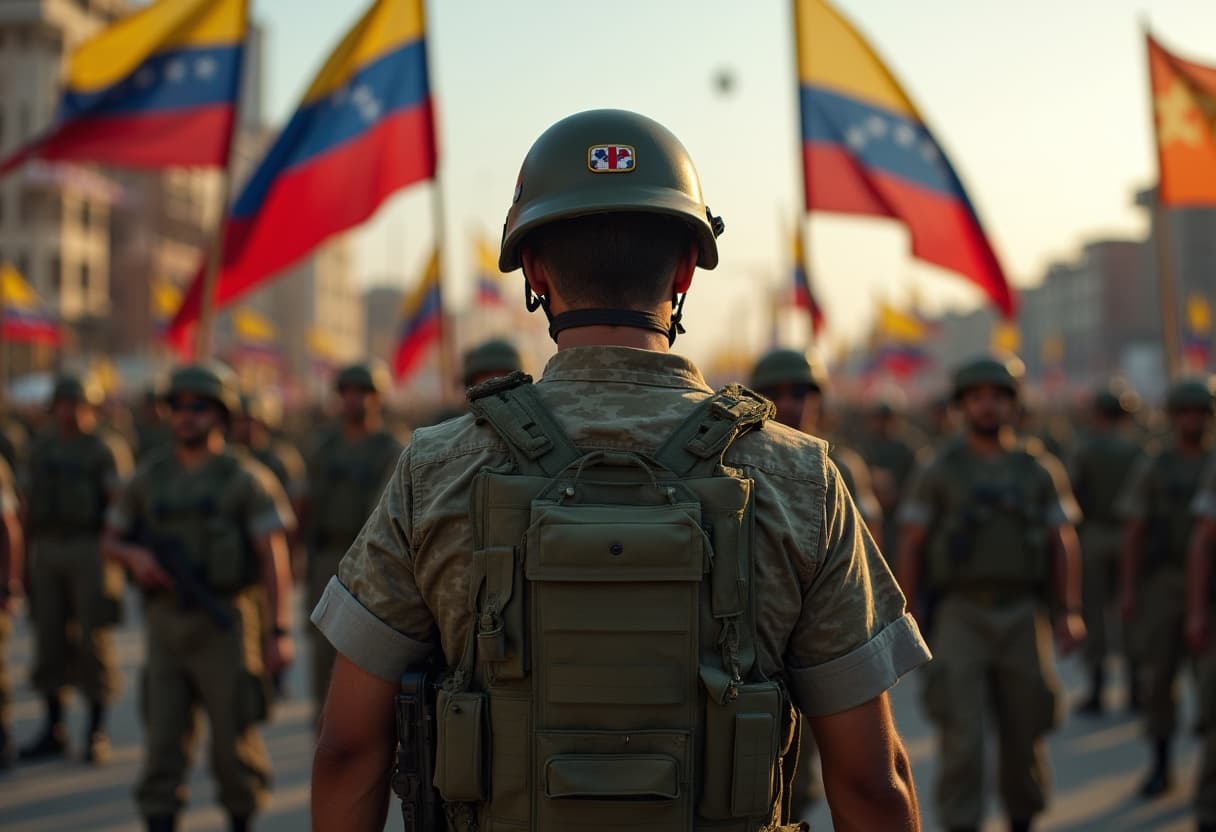Chevron's Unique Role in Venezuela’s Turbulent Oil Sector
Despite heightened tensions between the U.S. and Venezuela marked by the Trump administration's aggressive stance labeling President Nicolás Maduro a "narcoterrorist" and threatening military action, Chevron—one of America's largest oil giants—has carved out an unusually influential position within Venezuela’s fractious economy. This duality reveals a complex interplay of politics, economics, and corporate strategy underpinning the energy relationship between Washington and Caracas.
Chevron’s Enduring Presence Amid Political Turmoil
Chevron’s roots in Venezuela run deep, dating back to 1923. The company has emerged as a vital actor in Venezuela’s oil sector, responsible for nearly a quarter of national oil production. Remarkably, Chevron has accounted for up to 80% of Venezuela’s oil output growth in recent years, offering the country a lifeline of much-needed foreign currency amid profound economic hardship and sanctions.
President Maduro has openly praised Chevron’s contributions, stating, "I want Chevron here for another 100 years," highlighting the government's reliance on the company to stabilize its fragile economy. Chevron’s operations help funnel hard currency from oil exports, financing essential imports like food and medicine crucial to alleviating humanitarian pressures in the country.
Balancing Acts: Economic Survival and Political Criticism
Chevron’s cooperation with Maduro’s government has sparked sharp criticism from opposition groups who argue that the company indirectly props up an autocratic regime. Pedro Mario Burelli, a former board member of Venezuela’s state-owned oil company, accuses Chevron of undermining democracy through its operations.
Nonetheless, Chevron defends its presence as a stabilizing force, not only for Venezuela’s economy but also for regional energy security and U.S. interests. Bill Turenne, Chevron’s spokesperson, emphasizes the company’s role in maintaining production and technological expertise, particularly in the challenging Orinoco Belt oil fields, which require specialized knowledge due to the heavy, sulfurous crude.
Geopolitical Crossroads: Navigating U.S. Sanctions and Strategic Interests
Chevron’s navigation through U.S. sanctions exemplifies a strategic balancing act. The company faced suspension of its export license early in the Trump administration influenced by hardline figures like Secretary of State Marco Rubio. Yet, recognizing Venezuela’s strategic oil reserves and the risk of its assets falling under Chinese or Russian control, American policymakers from both political parties have often allowed Chevron to continue operations under carefully calibrated licenses.
When global energy concerns intensified after Russia’s invasion of Ukraine, the Biden administration further permitted Chevron, along with Spain’s Repsol and Italy’s ENI, to export Venezuelan oil, partly to cushion global supply strains. Chevron’s adept lobbying—evident in engaging Trump-associated lobbying firms—reflects its role as a critical player connecting the opposing poles of this geopolitical tension.
Looking Ahead: Risks and Opportunities
Despite its strong foothold, Chevron faces ongoing risks including fluctuating U.S. policy, the unpredictability of Venezuela's political landscape, and rising reputational scrutiny. Some experts suggest that if a political transition occurs in Caracas, Chevron’s entrenched infrastructure and local knowledge could position it to rapidly scale operations, possibly becoming indispensable even to opposition-led governments.
Francisco J. Monaldi, a Venezuelan oil specialist, notes, "Opposition leaders will have to swallow any hate for Chevron and negotiate quickly for investment as the country recovers." This underscores the pragmatic reality that politics and energy economics in Venezuela are deeply intertwined with survival and reconstruction efforts.
Expert Perspective: Beyond Oil—A Bridge Amid Conflict?
Ali Moshiri, a former Chevron executive with experience managing the company’s Venezuelan operations, views Chevron’s presence as more than a commercial endeavor. He envisions it as a potential instrument of diplomacy, capable of fostering dialogue and common interests between the U.S. and Venezuela despite ideological rifts.
Drawing historical parallels, industry veterans recall Chevron’s complex role in Angola during the Cold War, where the company operated amid geopolitical conflict and proxy wars. Such experiences reinforce Chevron’s capacity to maneuver in fraught political environments while safeguarding strategic energy assets.
Conclusion: Chevron's Controversial Yet Critical Role
In a landscape marked by political brinkmanship, sanctions, and humanitarian crises, Chevron occupies an extraordinary position—simultaneously a capitalist powerhouse in a socialist-led country and a key player in a geopolitical chessboard. Its ability to deliver technical expertise and sustain production has rendered it a linchpin for Venezuela’s economy while fueling debate about corporate complicity and ethical responsibility.
Editor’s Note
Chevron’s saga in Venezuela illuminates the profound complexities multinational corporations face when operating in contested spaces. It raises pressing questions about the boundaries between economic pragmatism and political ethics. Will Chevron’s involvement pave the way for sustainable recovery or entrench autocratic rule? As Venezuela’s future remains uncertain, so too does the true cost of corporate engagement in geopolitically charged arenas.






